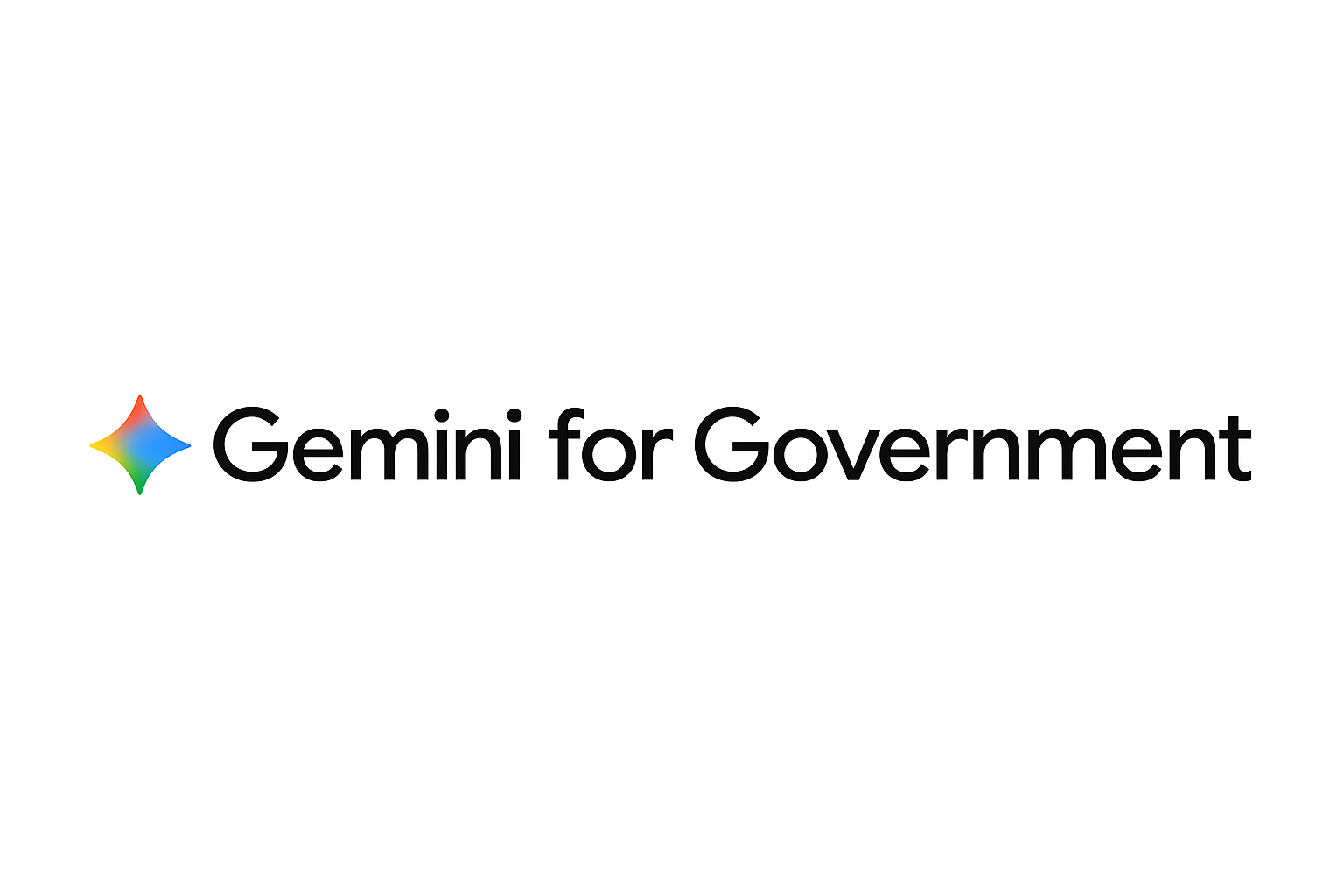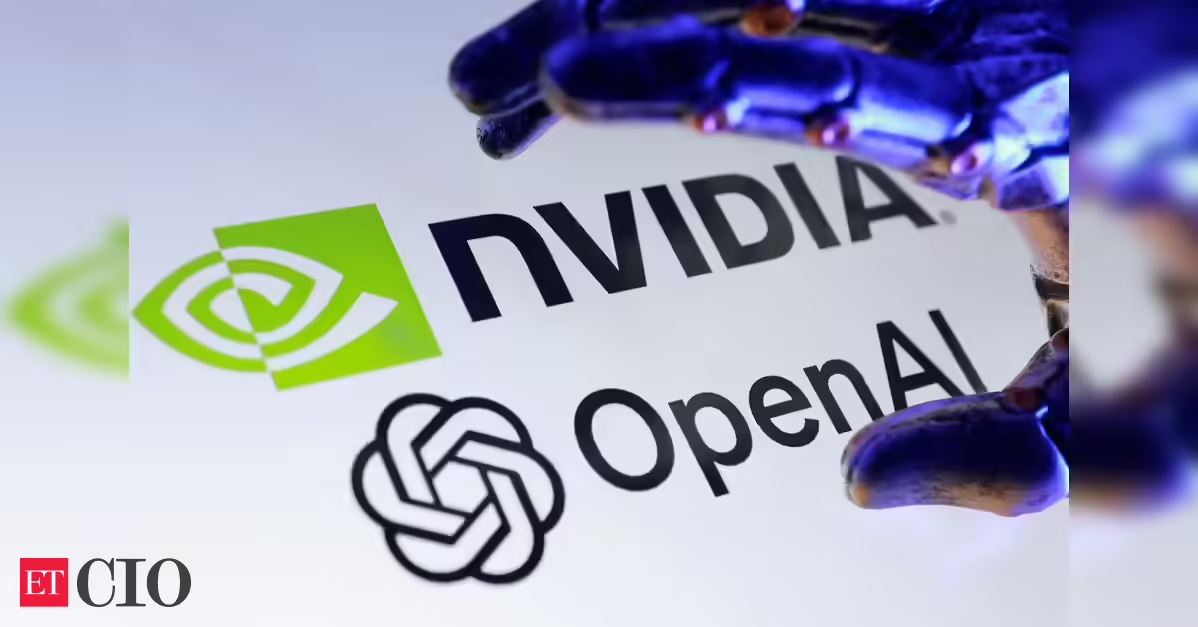Google Gemini will shortly be driving federal government operations throughout the United States administration after a far-reaching new deal between the General Services Administration (GSA) and Google that brings end-to-end AI capability at unprecedented costs.The US federal government secures a massive Google Gemini AI deal at $0.47 per agency
The “Gemini for Government” package, launched by GSA, is among the largest government AI procurement contracts to date. Federal agencies will have access to Google’s complete artificial intelligence stack under OneGov through 2026 for only US$0.47 per agency—a pricing model that industry watchers say is extremely aggressive for enterprise-grade AI services.

Robust AI Suite for government activities
The collaboration is an extension of Google’s current federal footprint, where the firm already offers Google Workspace to every federal agency at a 71% discount. The new Gemini integration is a major extension of this partnership, providing agencies with access to sophisticated AI tools such as NotebookLM, video and image generation using Google’s Veo technology, and pre-configured AI agents for extensive research and idea generation.
“Federal agencies are now able to significantly reshape their work using the capabilities in ‘Gemini for Government’, thanks to this partnership with Google and the Trump Administration’s leadership transforming AI for the U.S. government,” stated GSA Acting Administrator Michael Rigas.
The release also allows federal employees to build their own custom AI agents, which could provide department-level automation and workflow optimization. Google’s enterprise search is included, as well as strong security features such as identity management, threat protection, and compliance frameworks like SOC2 Type 2 certification.
Strategic timing and market implications
This release is consistent with President Trump’s America’s AI Action Plan and follows his Executive Order of April 2025, focusing on commercial, cost-saving solutions in government contracts. The timing puts Google in strategic position against rivals such as Microsoft and Amazon, both of whom have also been bidding on large government AI contracts.
Google CEO Sundar Pichai described the alliance as an extension of established relationships: “Building on our Workspace offering for federal employees, ‘Gemini for Government’ provides federal agencies with our entire stack of AI innovation, such as tools like NotebookLM and Veo driven by our most advanced models and our trusted cloud infrastructure.”
However, the deal’s structure raises questions about long-term sustainability. The $0.47 per agency pricing appears designed to establish market presence rather than immediate profitability, suggesting Google views government adoption as a strategic investment in broader AI market penetration.
Technical Infrastructure and Security Considerations
Google’s cloud products have FedRamp High authorisation, meeting top security needs for government deployments. Google’s AI-optimised cloud solutions will have to support sensitive government workloads with rigorous compliance needs.
Federal Acquisition Service Commissioner Josh Gruenbaum highlighted the procurement flexibility dimension: “Critically, this offering will give partner agencies significant flexibility in GSA’s marketplace, so they have the choices necessary to maintain a healthy and resilient procurement community.”
Market context and future implications
The announcement comes as federal agencies face mounting pressure to modernise operations through AI adoption. While the pricing appears attractive for agencies, questions remain about implementation timelines, training requirements, and long-term vendor dependency risks.
Google Public Sector CEO Karen Dahut framed the agreement as a landmark: “This partnership is an important milestone in our relationship with GSA, reiterating our promise to deliver modern, efficient, and scalable cloud solutions that empower government agencies to serve the American people better.”
The $0.47 per agency model is immediately suspect as to market distortion and the durability of this kind of aggressive government contracting. Industry experts wonder if this is true cost savings or an example of a loss-leader approach to capture agencies in Google’s universe before prices inevitably spike after 2026.
In addition, the transaction’s broad reach—covering everything from rudimentary productivity software to tailored AI agent creation—could give rise to hazardous vendor concentration threats. In the event of technical problems, security compromises, or contractual disagreements, the federal government might discover that it becomes highly reliant on one commercial supplier for foundational operational capabilities.
The announcement doesn’t include specific metrics to gauge success, timelines for implementation, or protective measures against vendor lock-in—information that will ultimately decide whether this is true modernization or costly experimentation at taxpayer expense.
Short H2 Heading
Popular
Wiz: Security issues surface as the global AI competition intensifies.

“Nvidia + OpenAI join forces on $100B AI chip deal.”
